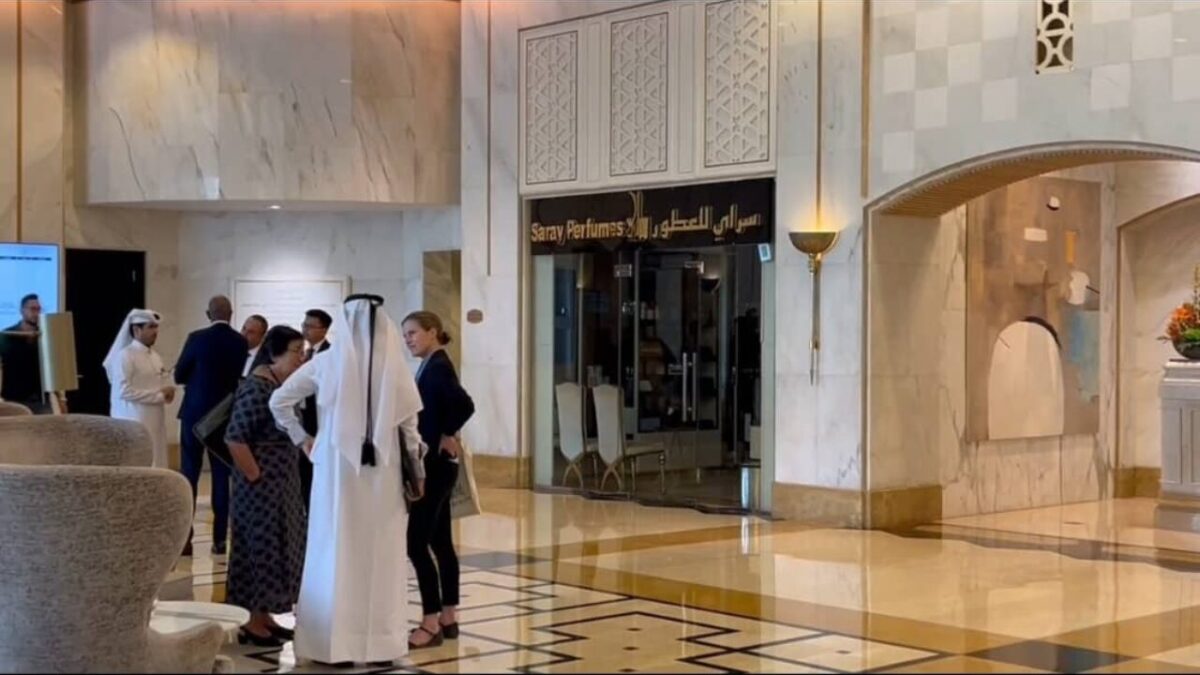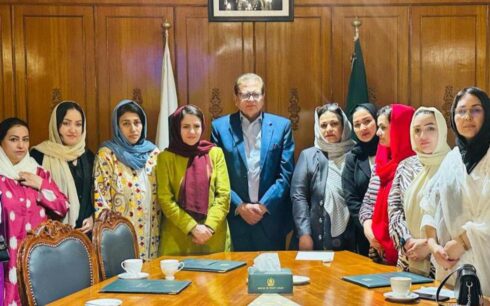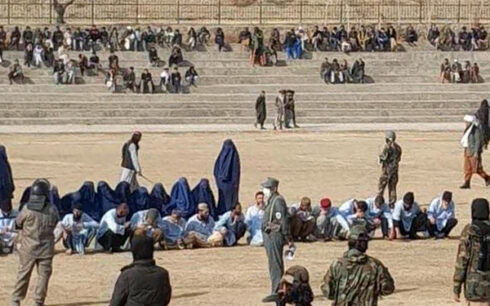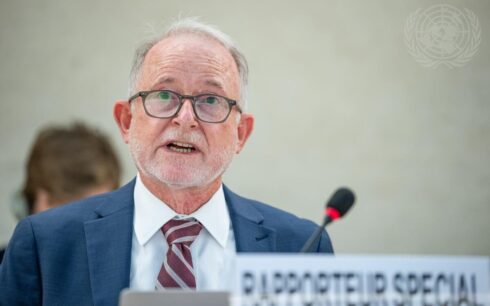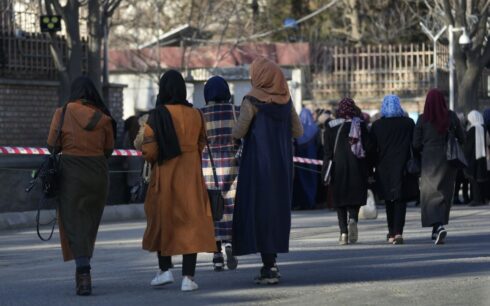Several members of Afghan civil society and women’s activists have criticized the third Doha meeting, deeming it unbeneficial for all involved parties in Afghanistan.
The activists argued that the meeting was ineffective due to the lack of meaningful participation from all Afghan parties, damaging the credibility of the Doha process. Some women’s rights activists and protesters accused the United Nations of whitewashing the Taliban by organizing the meeting.
Citizens questioned the outcomes of the meeting for the involved parties in Afghanistan’s issues. In contrast, the Taliban claimed that the third Doha meeting was beneficial for Afghanistan.
Faiz Zaland, a civil society representative at the second Doha meeting, stated that the third meeting harmed the Doha process due to the absence of Taliban opponents. “The third Doha meeting, in the absence of civil society and women’s representatives, brought no results. This meeting was coordinated based on the Taliban’s demands and had no achievements for the people of Afghanistan,” Zaland said. “The third Doha meeting, without the presence of women and civil society representatives, weakened the status of this process.”
The Taliban, however, believe the meeting reflects a positive global view of their activities. “Countries are negotiating with the Taliban in political, security, and intelligence sectors based on their national interests, but they are not willing to recognize the Taliban as a government,” said Torek Farhadi, a political analyst.
Some female protesters criticized the exclusion of women from the meeting, arguing that the UN violated their fundamental rights. “The third Doha meeting was held to whitewash and give concessions to the Taliban. Pressure on the UN must increase for it to engage with the Taliban within defined rules,” said Maryam Marouf Arwin, a women’s rights activist.
The third Doha meeting, hosted by the UN from June 30 to July 1, saw envoys from over 25 countries and five institutions in attendance. While the envoys met with Afghan civil society representatives and women’s rights activists on the third day, the main Doha meeting excluded these groups.

